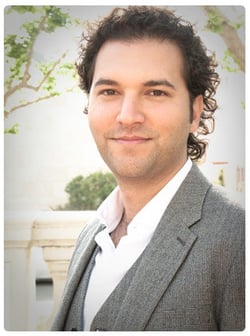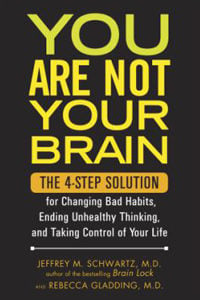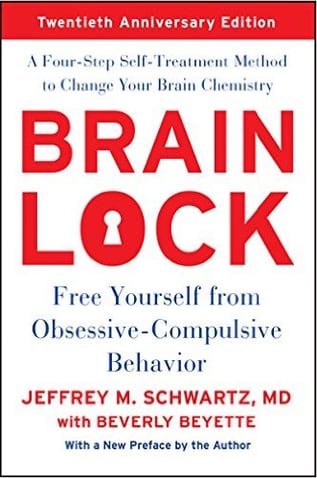Poorang Aurasteh is a Licensed Marriage and Family Therapist. He offers remote therapy through live video sessions. He specializes in treating obsessive-compulsive disorder using the clinically proven Four Step method. For the past 18 years he has been helping individuals who suffer from OCD. Some of his other areas of specialty are anxiety, depression, and addiction.
For several years he was the Clinical Coordinator and Primary Therapist at Center for Discovery in the dual diagnosis and high-risk mental health residential facilities helping adolescents with drug addiction and mood disorders.
He received his B.S. in Neuroscience from UCLA and his M.A. in Counseling Psychology with an Emphasis in Depth Psychology from Pacifica Graduate Institute. He continued his education and training at Pacifica Graduate Institute in their Ph.D. in Depth Psychology with an Emphasis in Psychotherapy program.



After completing his studies in Neuroscience at UCLA, Mr. Aurasteh then became a researcher in the UCLA Neurosurgery Department conducting innovative studies for Parkinson’s Disease. His research was published in the New England Journal of Medicine and the Journal of Neurosurgery.
With his true interest in neuroplasticity and the mind-brain connection, he then began working side by side with renowned UCLA psychiatrist Dr. Jeffrey M. Schwartz, author of best selling self-help books Brain Lock, You Are Not Your Brain and The Mind and the Brain. He was trained directly by Dr. Schwartz in the Four Step Method.
The Four Step Method combines mindfulness and wellness with cognitive behavioral therapy to help you re-train your brain so that you can nourish the true self within you. This Four Step process works without the need for medication. Mr. Aurasteh has trained extensively with Dr. Schwartz and is one of only three people nationally who is a recognized expert in the Four Steps. For the past 18 years, he has worked closely with Dr. Schwartz helping people understand and utilize the Four Steps to help treat Obsessive-Compulsive Disorder (OCD). He was facilitator of the Schwartz Four Step Group that meets weekly at UCLA
Literature
Mr. Aurasteh's most recent contribution to advancing the use of the Four Steps includes assisting Dr. Schwartz and Dr. Rebecca Gladding in demonstrating that the Four Steps is not only helpful for OCD but is also successful for phobias, depression, anxiety, addiction, gambling, eating disorders and chemical dependency. His work is highlighted in Drs. Schwartz and Gladding's new book, You Are Not Your Brain.
Mr. Aurasteh has been a practitioner and teacher of meditation and mindfulness for the past 19 years. He is dedicated to the continual development of his own personal psycho-spiritual work. He is a firm believer that a psychotherapist can only take a client as far as they have gone in their own work. He is known in his field for his gentle, compassionate and holistic approach blending clinical research with eastern wisdom.




Experience
Four Steps
With years of hands-on experience alongside Dr. Jeffrey Schwartz, I guide clients through the Four Steps—Relabel, Reframe, Refocus, and Revalue—to effectively manage OCD symptoms by rewiring brain patterns.
Cognitive-Behavioral Therapy
I collaborate with clients to identify and modify negative thought patterns and behaviors contributing to anxiety, depression, and OCD. By building healthier coping strategies, clients develop balanced thinking and better manage emotional challenges.
Mindfulness-Based Therapy
Through mindfulness techniques such as focused breathing and meditation, I help clients cultivate present-moment awareness, manage stress, and foster emotional balance, leading to improved self-regulation and a deeper connection to their thoughts and feelings.
Depth Psychology
I incorporate principles of Depth Psychology to help clients explore the deeper layers of their thoughts, emotions, and personal experiences. By uncovering patterns, symbols, and underlying themes, this approach promotes self-awareness and personal growth in a meaningful way.








Change your brain in 60 seconds
Practice is everything


